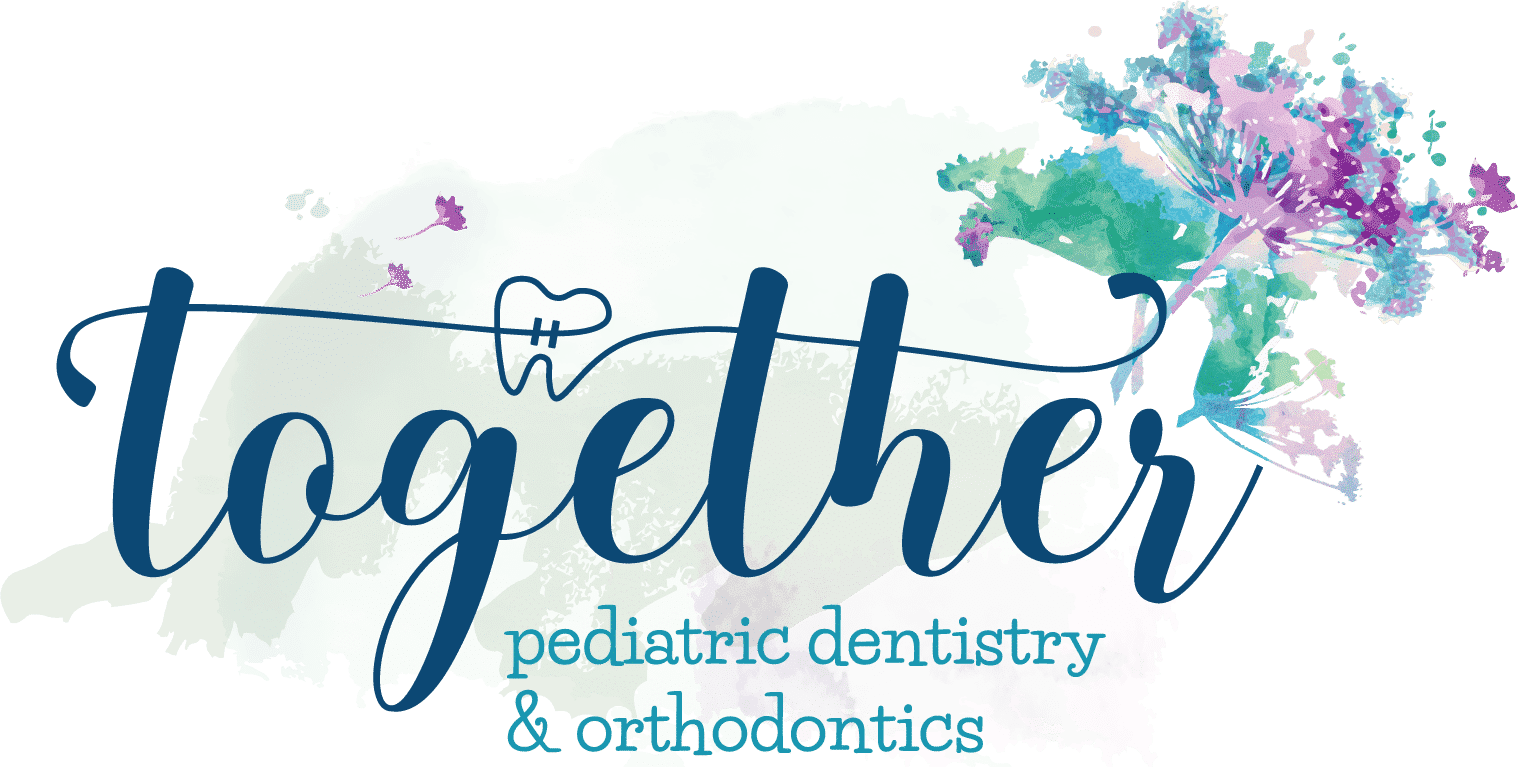Frequently Asked Questions About Pediatric Dentistry
What Is a Pediatric Dentist?
A pediatric dentist is a dental professional who focuses on caring for the oral health needs of infants, children, and adolescents. These specialists undergo additional training to handle dental issues that commonly arise as children grow. They’re also equipped to treat children with special healthcare needs and often collaborate with pediatricians to create a care plan that supports both dental and overall health.
How Can I Help My Child Feel Comfortable Before Their First Dental Appointment?
To ease your child into their first dental experience, talk openly about the visit in a positive way. Let them know the dentist will count and take pictures of their teeth—maybe even give their teeth a gentle “tickle.” You can practice at home by having them open their mouth and counting their teeth together. Mention the fun aspects too, like a possible goodie bag, and how most kids actually enjoy going to the dentist.
Will My Child Receive Treatment at the First Appointment?
In most cases, we don’t begin treatment on the same day as the initial visit. Our focus is on creating a positive experience and delivering excellent care. A follow-up visit allows us to give your child our full attention when they’re well-rested. That said, we do understand the value of your time and, when possible, may offer treatment the same day if appropriate.
Are Dental X-Rays Safe for Children?
Absolutely. We adhere to safety standards recommended by respected organizations like the AAPD, WSPD, ADA, and AMA. Our practice uses digital x-rays, which significantly reduce radiation exposure—up to 80% less than traditional x-rays. We also use protective shields, such as thyroid collars, to further minimize risk. The amount of radiation is comparable to what one might receive from everyday sunlight exposure. X-rays are recommended based on your child’s specific risk for cavities.
Is Fluoride Safe to Use?
Yes. Fluoride is a natural mineral that plays a major role in preventing tooth decay and is widely recognized by dental professionals as both safe and effective when used properly. It’s found in tap water, toothpaste, and certain foods. At our practice, we’re happy to talk through any questions you may have and will always respect your decision regarding fluoride use.
How Should I Clean My Baby’s Teeth? What About Feeding at Night?
Nighttime feedings, especially with milk or juice, can increase the risk of tooth decay. We recommend wiping your baby’s gums after nursing, even before teeth appear, to reduce bacterial buildup. Once teeth erupt, it’s best to avoid sending your child to bed with anything other than water and introduce a sippy cup by their first birthday.
What Should I Do If My Child Sucks Their Thumb or Uses a Pacifier?
Sucking habits are a normal form of comfort for young children, but prolonged or intense habits can impact facial development and tooth alignment. Most kids stop on their own, but gentle encouragement around 2–3 years old can be effective. If your child is still sucking after their adult teeth start coming in—or does so with force—let us know. We can monitor for any potential issues and offer guidance.
Do You Provide Sedation for Nervous Children?
Yes, we offer nitrous oxide, commonly known as laughing gas, for children who feel anxious during treatment. For more complex needs, we also coordinate with a hospital to provide general anesthesia for dental procedures in a safe, supervised setting.
What If My Child Has Had a Negative Dental Experience?
We often care for children who have had difficult or traumatic dental visits elsewhere. Our team uses a calm, caring approach designed to ease anxiety and rebuild trust. Many parents are surprised by how comfortable and relaxed their child becomes in our supportive environment.
Why Do Baby Teeth Matter If They Fall Out Anyway?
Primary teeth are vital for many reasons. They help your child chew and speak clearly, guide the proper eruption of permanent teeth, and support healthy jaw development. Ignoring baby tooth care can lead to pain, infection, or long-term issues with adult teeth. Maintaining these early teeth also boosts self-confidence and sets the stage for lifelong oral health.
How Can I Help Prevent Cavities?
For babies, gently clean their teeth and gums with a damp cloth after feedings and before bedtime. As teeth emerge, avoid bedtime bottles filled with anything but water. For young children, adult supervision during brushing and flossing is essential; fine motor skills for brushing usually develop around ages 7–8.
A good rule of thumb: if your child can write in cursive, they can likely brush on their own. Electric toothbrushes can also be helpful—feel free to ask us when to introduce one. Routine checkups every six months and a diet of tooth-friendly snacks and meals also go a long way in protecting your child’s smile.
What Are Dental Sealants?
Sealants are thin, protective coatings placed on the chewing surfaces of back teeth to help prevent cavities. These grooves are often the most vulnerable to decay. Applied usually around age 6 or 7, sealants act as a shield against food, plaque, and acid. While they protect the tops of the teeth, it’s still essential to brush and floss daily to clean between the teeth.

